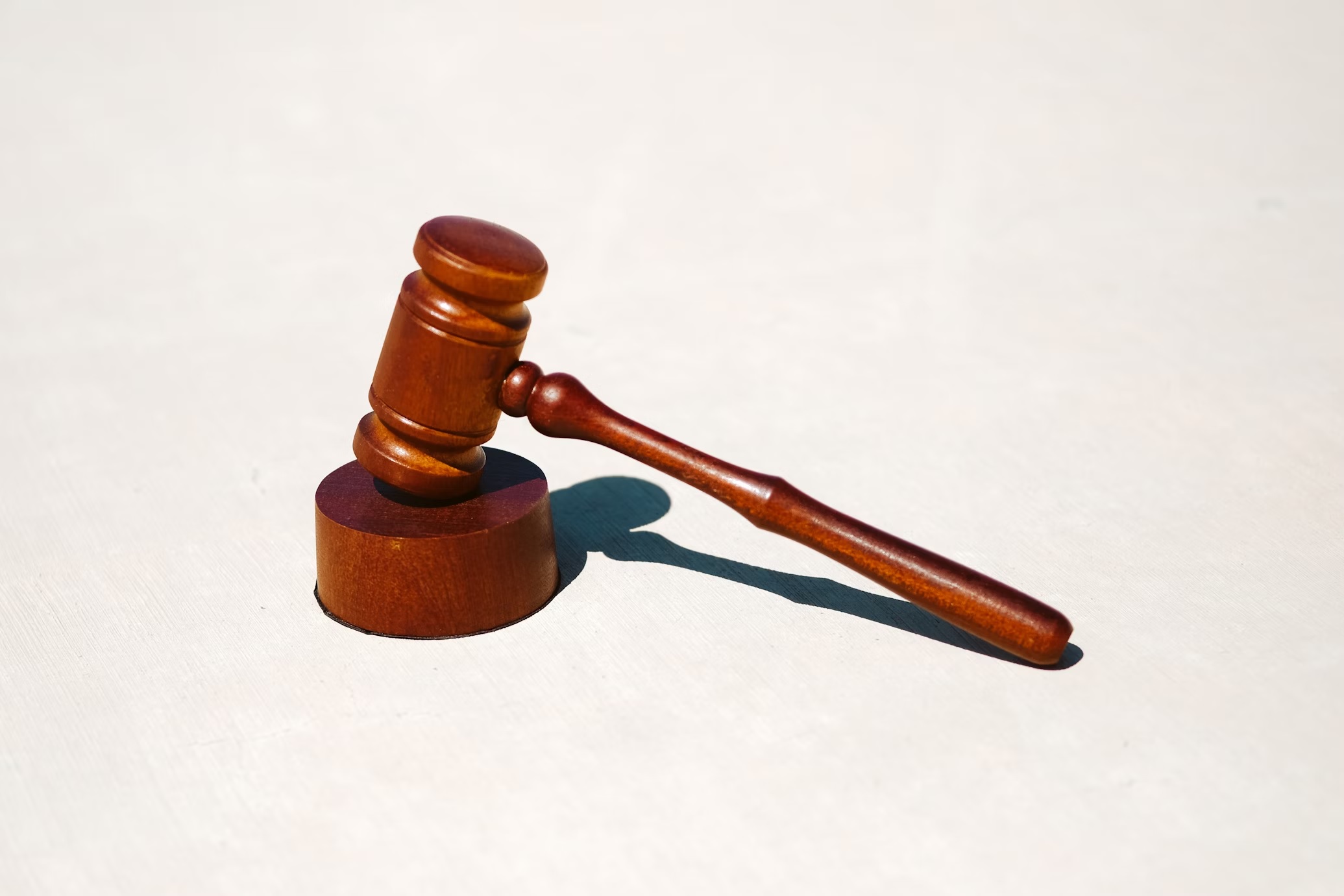It takes more than just demonstrating you were injured as a result of someone else’s carelessness to win a personal injury claim. It requires careful planning, a deep comprehension of the legal system, and frequently the advice of qualified experts.
If things work out well, there may be money to cover lost income, medical costs, and psychological suffering. Because of this, it is imperative that you handle your case with research and expertise. In this article, we’ll look at key tactics for bolstering your personal injury claim.
Gathering Comprehensive Evidence
Forbes highlights that the foundation of any successful personal injury lawsuit is solid evidence. Start by documenting everything related to your accident and injuries. Taking pictures of the incident, your wounds, and any property damage falls under this category.
Gather witness statements and contact details; their testimony might be very significant. Acquire any official evidence, such as police records, to bolster your accusations
Medical records are important because they give a thorough description of your injuries and the care you get. Keep a notebook where you record your pain levels, your recuperation, and how it affects your day-to-day activities. This first-hand narrative can assist in measuring non-economic costs like pain and suffering and show the depth of your suffering.
Keep track of all the expenditures associated with your injury as well, including any house renovations, medical bills, and transportation charges. Thorough documentation can make your case more compelling and harder for the defense to dispute.
Hiring an Experienced Attorney
Hiring a seasoned personal injury lawyer is one of the most important stages in winning a personal injury claim. An attorney provides knowledge, resources, and negotiating abilities that are critical for constructing a compelling case, according to TorHoerman Law.
They can assist you with comprehending your legal rights, assessing the strength of your case, and creating an approach customized for your particular circumstance.
An experienced attorney will be able to efficiently gather and present evidence, challenge defense strategies and fight for adequate compensation. Additionally, they may manage correspondence with the guilty party, guaranteeing that you won’t be coerced into taking a lowball settlement offer.
Moreover, an attorney can represent you in court, navigating the complexities of the legal system and presenting a compelling case in court. By entrusting your case to a professional, you increase your chances of a successful outcome and can focus on your recovery.
Understanding Local Laws and Regulations
Local laws and regulations significantly influence the outcome of personal injury cases. Each jurisdiction has specific rules regarding statutes of limitations, negligence standards, and compensation caps. For instance, you may only initiate a case in some states two years after the accident.
Your ability to get compensation for your partial culpability may be affected by the contributory negligence rules of other jurisdictions. A local personal injury attorney can be of great assistance in navigating these intricate legal systems. They are knowledgeable about judges, courts, and past rulings that may have an effect on your case.
You may steer clear of frequent problems and make sure your case complies with all local legal standards by making use of their experience. By doing this, your chances of success are increased.
In Missouri, understanding the specific state laws is crucial for a personal injury case. According to FindLaw, Missouri operates on pure comparative fault, which permits you to be awarded damages even if you bear 99% of the blame. Your proportion of culpability will nevertheless be deducted from your reimbursement. Additionally, the state’s statute of limitations for personal injury lawsuits is five years. In contrast to many other states, this allows you a longer time frame to file.
The amount of money you can get compensated for pain and suffering in medical malpractice claims is limited by Missouri’s restrictions on non-economic damages. It is crucial to understand these specifics and how they relate to your situation. To properly negotiate these rules, you can get the essential counsel from a local Missouri personal injury lawyer.
It’s crucial for people living in the St. Louis region to comprehend the subtleties of local legislation. St. Louis offers particular chances and challenges for personal injury claims because of its vibrant metropolitan region and different communities. Knowing the judges, courts, and legal system in your area might have a big impact on how your case turns out.
A St. Louis personal injury attorney handles matters unique to the area. This covers incidents like collisions inside the municipal boundaries or on the St. Louis Inlet. They use their understanding of local laws and previous case results to provide individualized counsel and representation. This knowledge strengthens your case and increases the likelihood that you will get just recompense for your injuries.
Preparing for Negotiations and Trial
An effective personal injury case requires preparation for both prospective trials and settlement talks. Start by carefully examining all of the available data and determining the advantages and disadvantages of your position. During this stage, your lawyer will be very important as they will assist you in creating a strong case.
During negotiations, aim for a fair settlement, but be prepared to go to trial if necessary. Understand that settlements are often quicker and less stressful, but they may not always offer the full compensation you deserve.
According to Justia, civil disputes settled before trial are typically not reported to the courts; thus, they are absent from publicly available data. This data presents only a partial view, overlooking potential differences between cases that proceed to trial and those resolved outside of court. Understanding these distinctions is crucial for a comprehensive analysis of legal outcomes.
If your case goes to trial, ensure that all witnesses are prepared to testify and that their statements align with your evidence. Practice your testimony with your attorney to convey your story clearly and convincingly. Being well-prepared demonstrates your commitment to your case and can significantly impact the jury’s perception and the overall outcome.
Maintaining Consistent Communication
Maintaining consistent communication with your legal team and healthcare providers is vital throughout your personal injury lawsuit. Regular updates with your attorney ensure that you are informed about the progress of your case and any new developments. In order to prevent delays, promptly reply to any requests for documentation or information.
Maintain regular communication with your medical professionals to guarantee that your medical records are appropriate, as well as document your injuries and treatments. It’s also critical to communicate clearly with the parties involved. However, in order to prevent unintentionally hurting your case, it’s usually advisable to let your attorney manage these exchanges.
Maintaining open lines of communication is essential to making sure that your case is handled efficiently and that you are ready for court. You may assist your legal team and help your lawsuit get resolved by continuing to be involved and informed.
FAQs
What is physical evidence in a car accident?
Physical evidence in a car accident includes tangible items like damaged vehicles, skid marks, and debris. It provides objective clues about the events leading to the crash, aiding investigators in determining fault and assessing the extent of damages.
What is the pure comparative negligence rule?
Even if a person was partially responsible for the accident, they may still be able to receive compensation under the pure comparative negligence rule. However, the court or jury will evaluate their proportion of fault, which will diminish their compensation.
What is the difference between a settlement and an agreement?
A settlement in a legal context refers to an agreement reached between parties to resolve a dispute, typically outside of court. It often involves the payment of compensation or other concessions in exchange for dropping legal action. An agreement, on the other hand, can refer to any mutually accepted arrangement not necessarily related to legal matters.
In conclusion, navigating a personal injury lawsuit requires a multifaceted approach, blending comprehensive evidence collection, legal expertise, awareness of local regulations, and effective communication. By adhering to these strategies, individuals can enhance their prospects of securing fair compensation for their suffering and losses.
From meticulous documentation to strategic negotiation, each step plays a pivotal role in achieving a successful resolution. Ultimately, a combination of diligence, legal acumen, and clear communication serves as the bedrock for pursuing justice in the aftermath of injury.


